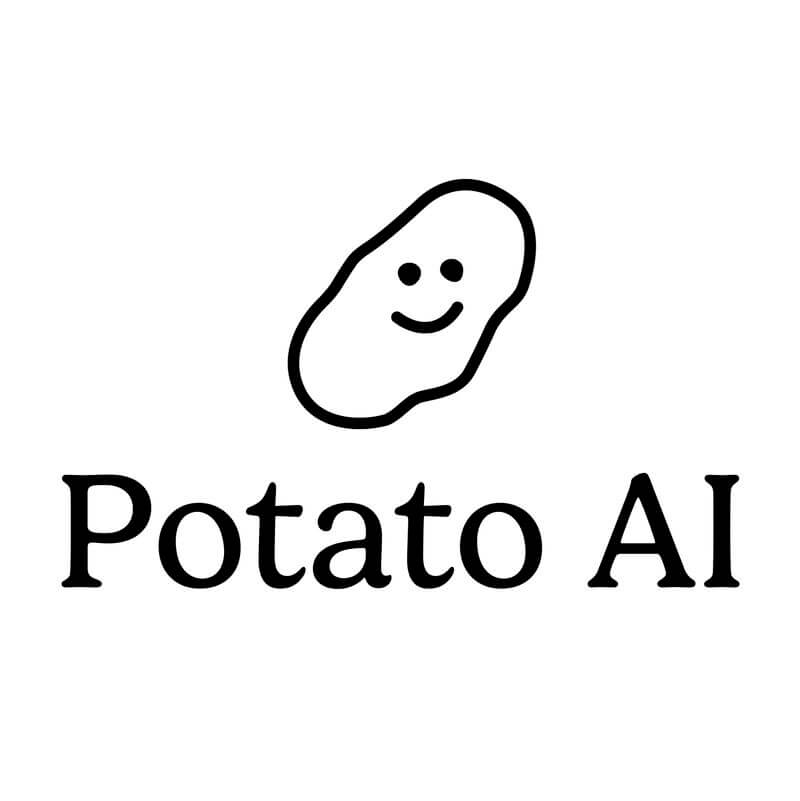Seattle-based startup Potato has garnered $4.5 million in funding to propel its vision of automating scientific research through AI-powered assistants and robotics. Founded in 2023 by neuroscientist Nick Edwards and technologist Ryan Kosai, Potato aims to revolutionize the scientific process, making it faster, cheaper, and more reproducible.
Potato's platform currently functions as an AI research assistant, capable of generating hypotheses, optimizing research protocols, summarizing scientific literature, critiquing journal articles, and even drafting manuscripts. The AI is built using chat-based, generative AI tools and large language models (LLMs), refined with retrieval-augmented generation (RAG) to ensure accuracy and grounding in verified scientific literature. This is achieved partly through a partnership with Wiley, a major academic publishing house.
The fresh capital will be used to move beyond computational support and develop technology for autonomous experimental execution, starting with computational research and moving towards robotics capable of laboratory bench work. Potato is collaborating with Ginkgo Automation to develop automated experiments.
The ultimate goal, according to CEO Nick Edwards, is to create a "fully closed-loop, autonomous science" system, where AI agents can plan, execute, and interpret experiments with scientists remaining in the loop as collaborators. Edwards believes that advances in AI will significantly accelerate scientific discovery while reducing costs. Potato is also striving to make experiments more accurate and reproducible, addressing a significant challenge in the scientific community where replicating results can be difficult.
The company's name, Potato, is a reference to the classic science experiment where children create a battery using a potato, pennies, copper wire, and galvanized nails. This alludes to Potato's mission of building complex tools from simple foundations.
The seed funding round was led by Draper Associates, with participation from Dolby Family Ventures, Boost VC, Ensemble VC, Silicon Badia, Alumni Ventures, Defined, and The FounderVC, as well as angel investors Geoff Entress and Michael Liou. Prior to this, Potato secured a $1 million pre-seed round in October 2024.
Potato's platform is already being utilized in labs at various biotech companies and universities, including the University of Washington, Stanford, Harvard, MIT, UC San Diego, UC Berkeley, and the Scripps Research Institute. The company is initially focusing on life sciences but plans to expand into material sciences and chemistry.
The team sees its tools as reducing both the time and cost of generating reliable scientific results, particularly in underfunded or neglected research areas. Potato's emphasis on reproducibility is a core element of its mission, with Edwards describing the company as a "reproducibility company". By automating literature review and standardizing protocol design, Potato aims to address long-standing issues in research consistency. The company's AI agents automate scientific literature reviews, generate precise experimental protocols grounded in peer-reviewed knowledge, and employ computational tools alongside lab automation technologies to execute experiments more efficiently.

















